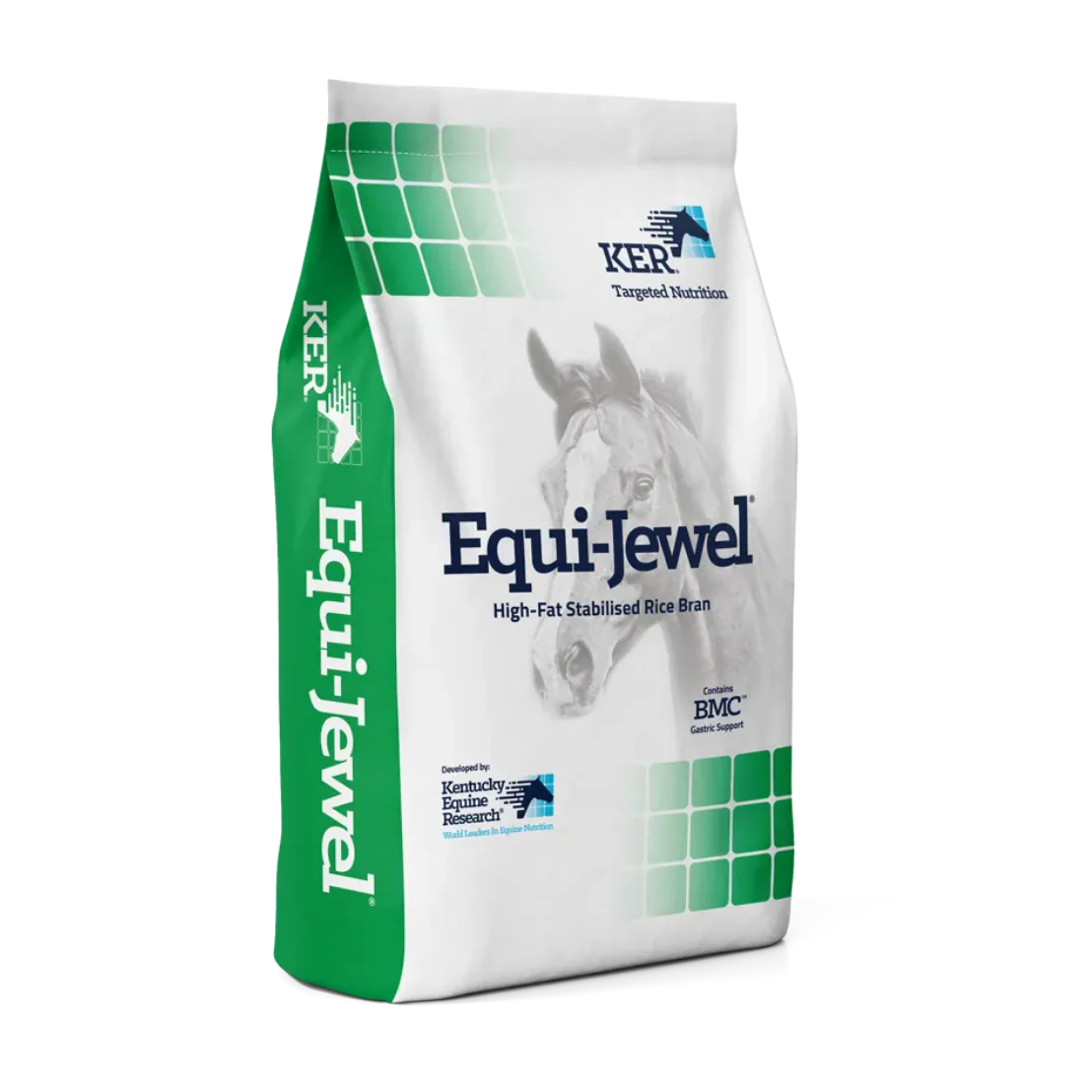Articles, research & Media
Expert tips and insights on everything Thoroughbred.
Thoroughbred Articles
Insightful articles, news and research about nutrition and feeding advice.
thoroughbred Video library
Feeding, breeding & racing related videos and media.
saracen thoroughbred brochures
Collection of breeding & racing brochures.
Articles
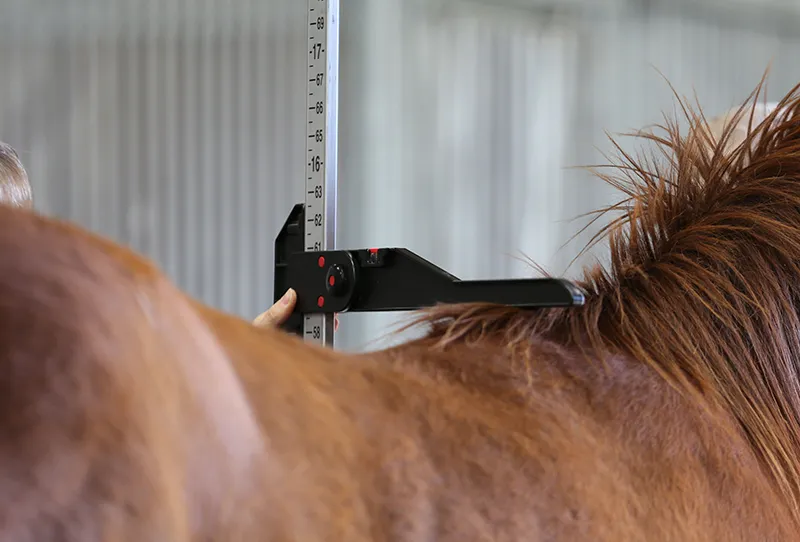
Study Links Foal Growth, Radiograph Data to Sales and Racing Performance
Building on three decades of research on growth and skeletal disease in Thoroughbreds, Kentucky Equine Research recently completed a pilot study to determine the relationship between growth, radiographic data, and performance, both in the sales ring and on the racetrack.
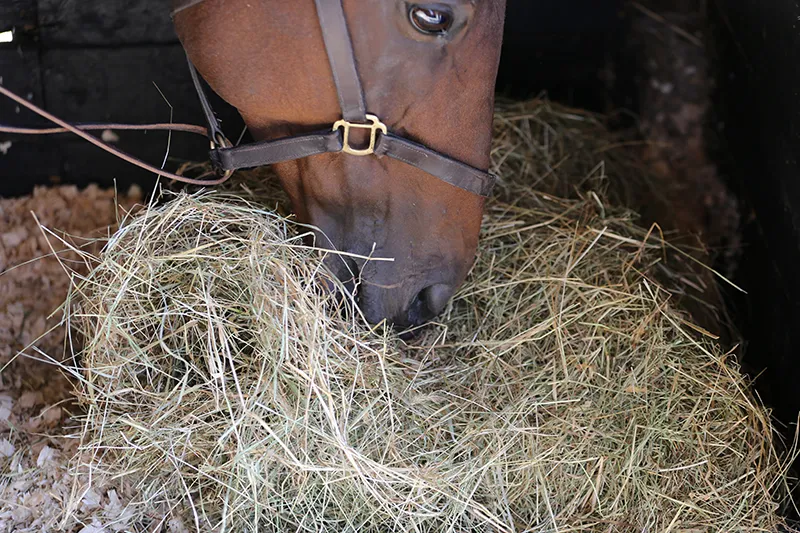
Chewing Halters: A New Tool to Track Ingestive Behavior and Optimize Welfare
Over the last year, Kentucky Equine Research has used chewing halters to record chewing frequency and to analyze the health and welfare of horses by observing behavioral changes during feeding.

Cooling Methods and Heat Stress
Knowing when horses are at risk for heat stress is just as important as knowing the clinical signs. This allows horse owners to adjust the time of day when they will work or postpone work altogether.
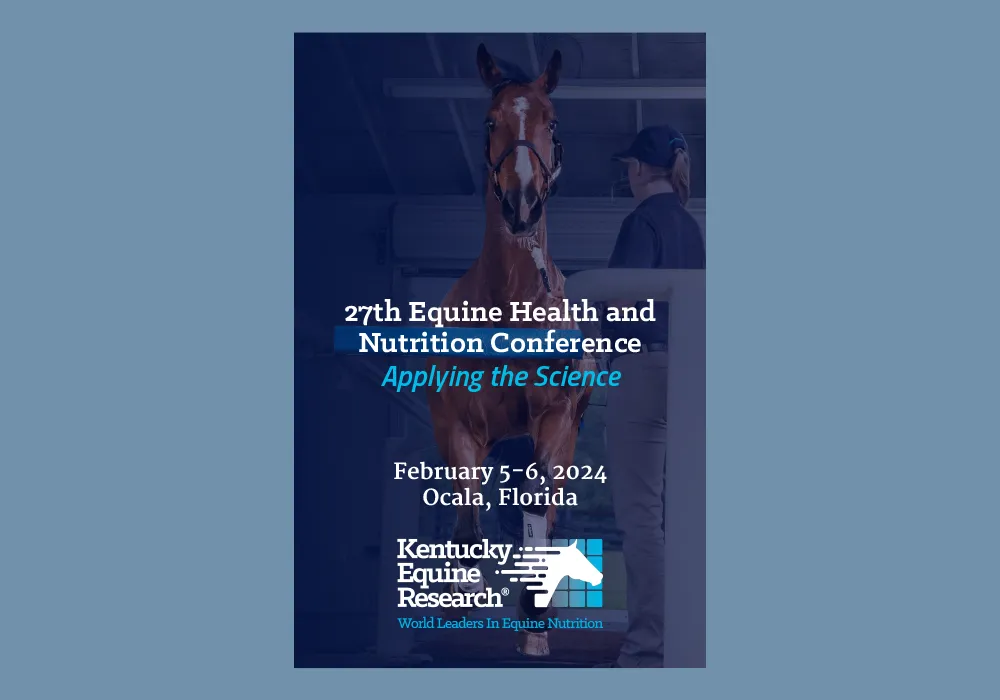
Kentucky Equine Research Conference 2024
The proceedings of the 27th Equine Health and Nutrition Conference: Applying the Science, held February 5-6, 2024, in Ocala, Florida, contain insightful Q&As featuring world-renowned researchers and veterinarians.
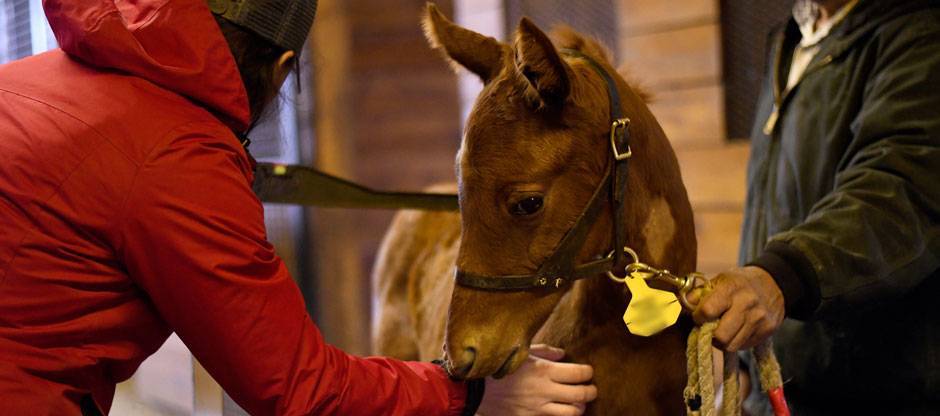
Growth and Development of Thoroughbreds: Review Paper Published
Based on many years of fieldwork and statistical analysis, Kentucky Equine Research has pinpointed several factors that influence the growth and performance of Thoroughbreds.

Electrolytes and Muscle Function in Horses: Essentially Linked
Electrolytes are critical for many biological functions, including maintenance of hydration status and facilitating normal muscle contraction and relaxation.

A Conversation with an Equine Orthopedic Pioneer
Without question, Wayne McIlwraith proved a forerunner in the field of equine orthopedics, influencing how skeletal problems are treated in high-performance horses.
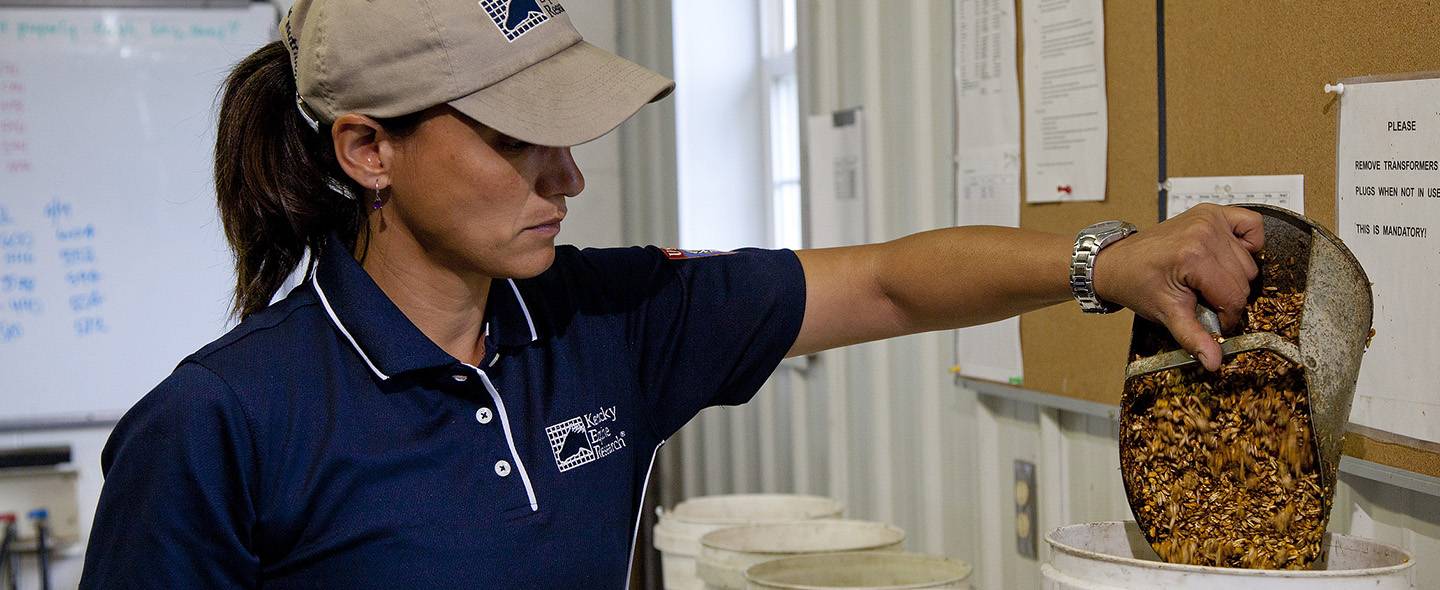
The State of Energy in Horse Feeds
Horses require dietary energy to fuel growth, performance, gestation, lactation, and other physiologic demands.
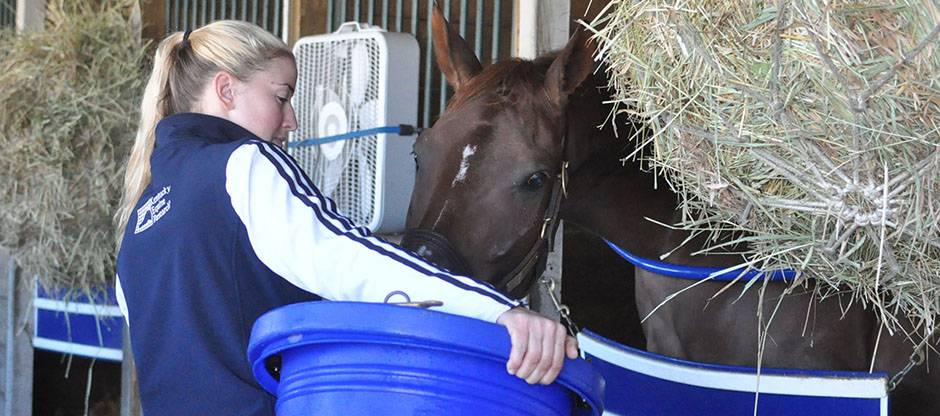
Historical Review of Gastric Ulcers
In the past 30 years, the understanding of equine gastric ulcer disease (EGUD) has advanced by leaps and bounds.



